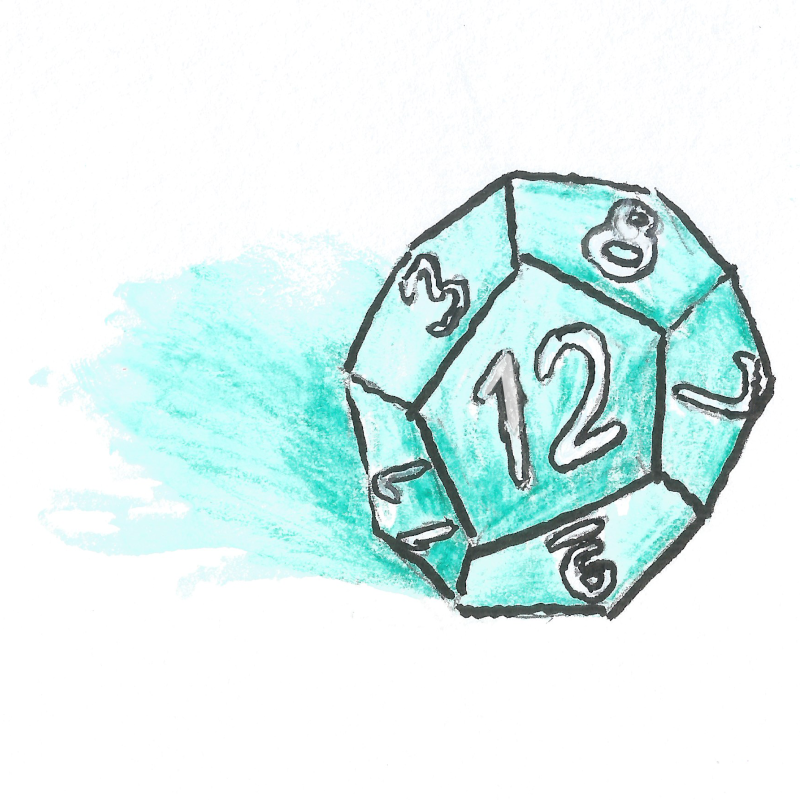Scheduling. It’s the bane of every older gamer. “One of these days, we’re going to get that regular game night going.” “One of these days, we’re going to play a long campaign.” Maybe. When things get better. When life slows down.
I have some real hot takes on this topic (as befits a double cancer survivor, I suppose), and I’ll spare you from the worst of them. Suffice it to say: “someday” without a plan means “never.” (This is true of all manner of side projects too!) And my broken brain itches when people try to get me to daydream about things I know we’ll never follow through on.
The problem is, life never slows down enough that things feel comfortable enough to try for a regular game night.
Or maybe you get that first game night scheduled, and then it fizzles after a few weeks or months.
Either way, it goes back into either a limbo or a Sisyphean hell.
Sometimes, it’s unavoidable because of life circumstances. But I don’t think it has to be this way nearly as often as it is.
The trick is, you don’t start out with the game night you want.
You start out with the game night that builds momentum.
No heavy three-hour board games. No long TTRPG campaigns. Nothing complicated. No deep role-playing plots that depend on everyone showing up every week, or doing “homework.”
Pick some simple board games, things you’d otherwise think of as filler. Run some one-shots. Maybe try out some rules-light systems, or run some straightforward dungeon crawls. Always have pre-generated characters available. Make it clear people can show up and hang out if they don’t feel like playing.
Just get people to show up regularly. That’s all.
Because when people keep showing up and playing, then you have room to build the game night you collectively want.
When you break the cycle for too long, you lose all the momentum you built up, and it’s hard to get back.
Tabletop games benefit from repetition. When I first started into more complicated board gaming, every rulebook was a slog. But when I started speaking the language and learning the patterns, more complicated games became a breeze.
At first, getting together and rolling dice is going to feel like a lot, until eventually it doesn’t. The best thing you can do is make it less intimidating to get started.
